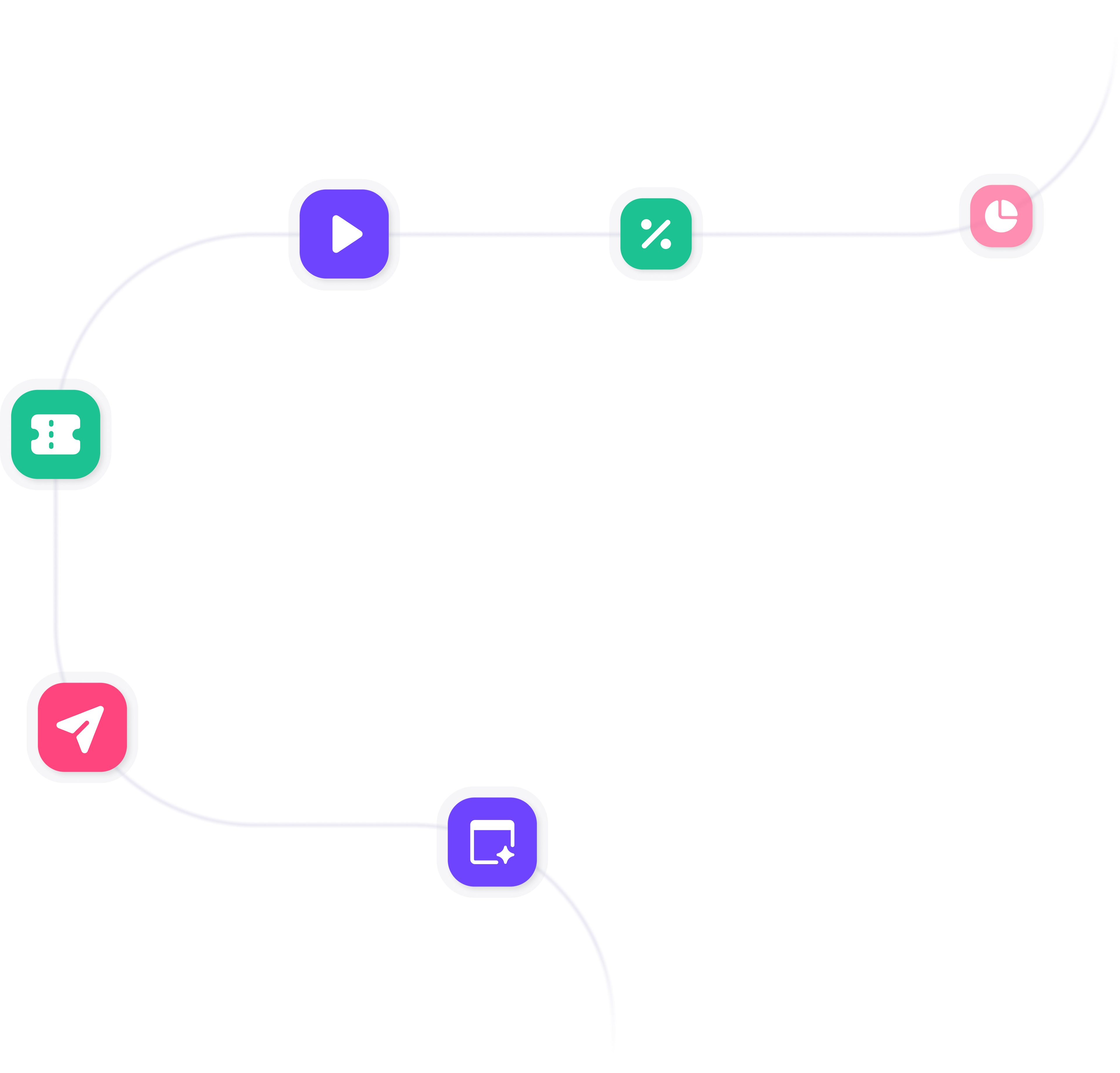Event Agenda
An event agenda serves as a roadmap, defining what, when, and where things will happen during an event. Its meticulous details provide guests with a clear understanding of the event, shaping their expectations and overall experience.


In the event industry, the Event Agenda serves as a defining blueprint, akin to a conductor directing an orchestra, ensuring that a clear, seamless performance takes place. Without a well-crafted event agenda, attendees could feel left in the dark, leading to confusion, dissatisfaction, and potentially jeopardizing the success of the event. Unsure when crucial elements, such as keynote speeches or networking sessions will take place, they might miss out on opportunities. Event agendas are not one-size-fits-all; they should be customized according to the event's purpose, be it a webinar, conference, or a product launch.
Benefits of an Event Agenda
An Event Agenda offers numerous benefits, including managing attendees' expectations, enhancing their engagement, and ensuring efficient use of time. It provides clarity about the event's purpose and maintains a smooth flow, keeping distractions at bay. It also boosts the event's professionalism and organization. When organizing an online conference, using an online conference platform can streamline the process.
Common Problems and Solutions
One common problem whilst crafting an event agenda is overloading it with too much information, making it overwhelming and hard to follow. Here, a solution could be to break larger events into smaller, more manageable sections, perhaps even factoring in breaks. This applies to both physical and virtual events. For instance, utilizing a hybrid event platform can cater to both in-person and online attendees, ensuring no one is left behind.
Best Practices
- Keep it Simple: A cluttered Event Agenda could be off-putting. Keep it clean, concise, and easy to follow.
- Chronological Order: List the events in precise order, starting from the initial registration to the final farewell.
- Clear Timelines: Explicitly state when each segment begins and ends, and factor in downtime and breaks to prevent audience fatigue.
- Personalization: Try to personalize the event agenda with attendee names and event-specific details where possible.
- Utilize Technology: Leverage tools and platforms to automate reminders and updates.
Key Takeaways
- Customization is key. Tailor your event agenda to match the specific requirements and nature of your event.
- An effective event agenda enhances the participant's overall event experience.
- Clearly laid out timelines are crucial for preventing confusion and managing attendee expectations.
- Personalization of event agendas can enhance attendee engagement and interest.
- Integrating ondemand video content can enrich the agenda with additional value for attendees.
Frequently Asked Questions
Related Blog Posts
Learn more about this term and how it can help you grow your business.
Loading feed...

![The Complete Guide to Marketing Community Events [10 Easy Steps]](/_next/image?url=https%3A%2F%2Fheysummit-web.s3.us-east-1.amazonaws.com%2Fpost%2F62%2F1732039189742-797058629-social-thumb.png&w=3840&q=75)
